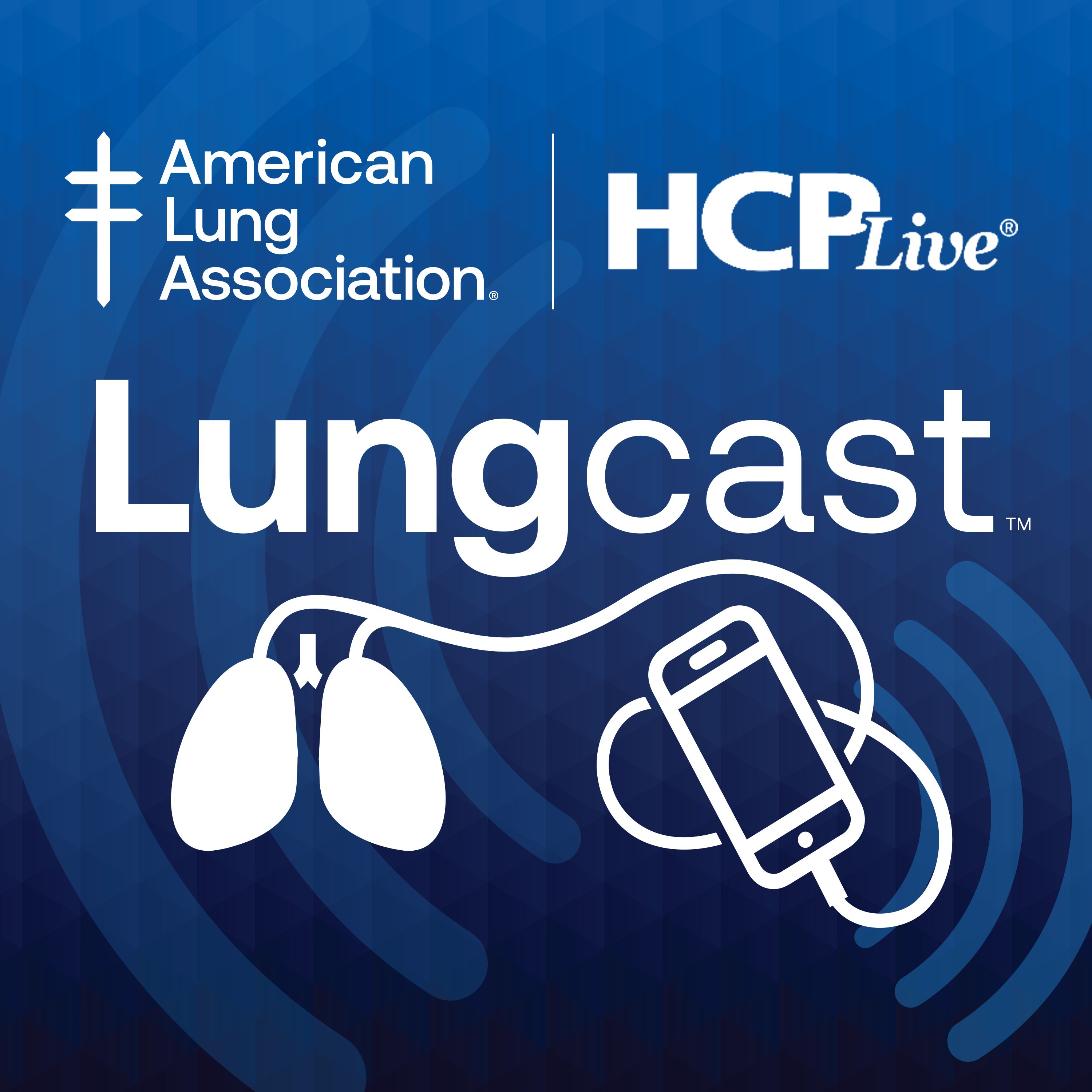Article
Clinical Decision Support Tool Aids in Identifying Stable Sleep Patients
Author(s):
Investigators believe these methods could be used in other areas of hospital care such as cardiac monitoring.
Nader Najafi, MD

The result of a recent trial on clinical decision support tools concluded that augmenting physician judgement with a real-time prediction algorithm could provide patients with greater sleep opportunity without risk of clinical decompensation.
In their investigation, Nader Najafi, MD, Department of Medicine, University of California, and fellow investigators cited the importance of sleep, stated it had “major consequences” on the physical and emotional well-being of patients.
Furthermore, hospitalized patients will often experience iatrogenic sleep interruptions. So far, there is little evidence in how these interruptions could be safely reduced.
Najafi and colleagues set out to determine whether a clinical decision support tool could aid physicians in identifying clinically stable patients and safely discontinue their overnight vital sign checks.
The tool would be powered by real-time patient data and a trained prediction algorithm.
The Methods
Najafi and colleagues conducted a randomized clinical trial from March 11, 2019 to November 24, 2019.
The trial included inpatient encounters that were randomized 1:1 to intervention versus usual care, and participants included physicians serving on the primary team of 1699 patients on the general medical service of the tertiary care academic medical center.
Patients included in the study were randomized into intervention and control groups.
Physicians who were enrolled in the trial utilized a clinical decision support tool. The tool issued notification that informed the physicians if the patient had a high likelihood of nighttime vital signs that were within the reference ranges based on a logistic regression model.
The regression model used real-time patient data as an input.
The notification provided each physician with an opportunity to discontinue measure of nighttime vital signs, in addition to the dismissing the notification for 1 hour or the rest of the day.
The primary outcome of the trial was delirium, which was determined by bedside nurse assessment of Nursing Delirium Screening Scale scores.
Secondary outcomes included mean nighttime vital check signs, and potential harms such as intensive care unit transfers and code blue alarms were considered.
The Findings
In the randomized clinical trial of inpatient encounters in 1699 patients, of which there were 1930, no difference was observed regarding delirium incidence in either group.
Regarding the intervention and control arms, a significant decrease in the mean number of nighttime vital sign checks (0.97 [0.95] vs 1.41 [0.86]; P < .001) was observed, with no increases in intensive care unit transfers (49 [5%] vs 47 [5%]; P = .92) or code blue alarms (2 [0.2%] vs 9 [0.9%]; P = .07).
Despite no difference between either group in primary outcome or delirium incidence, the secondary findings indicated that the real-time prediction algorithm could embedded within a clinical decision support tool in the electronic health record was purposeful in identifying clinically stable patients.
Investigators believed this technology could be used in other areas of care.
“Other aspects of hospital care that depend on clinical stability, such as level of care or cardiac monitoring, may be amenable to a similar intervention,” the team wrote.
The study, “Effectiveness of an Analytics-Based Intervention for Reducing Sleep Interruption in Hospitalized Patients,” was published online in JAMA Internal Medicine.





